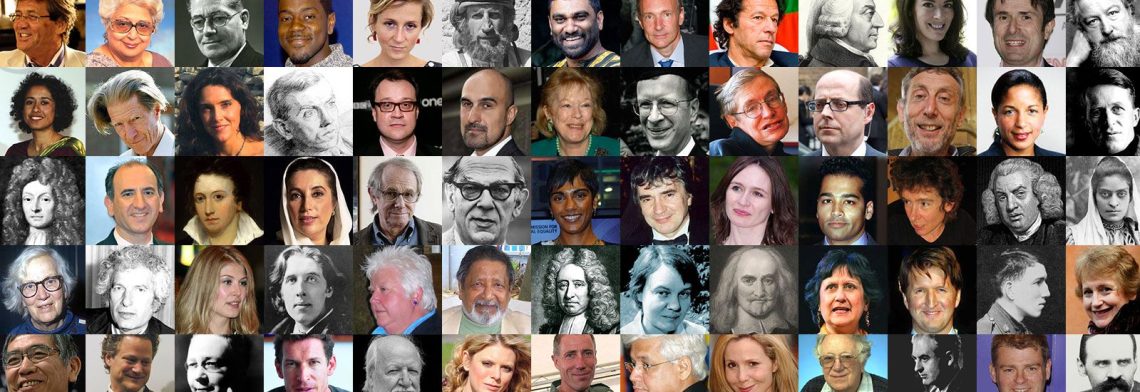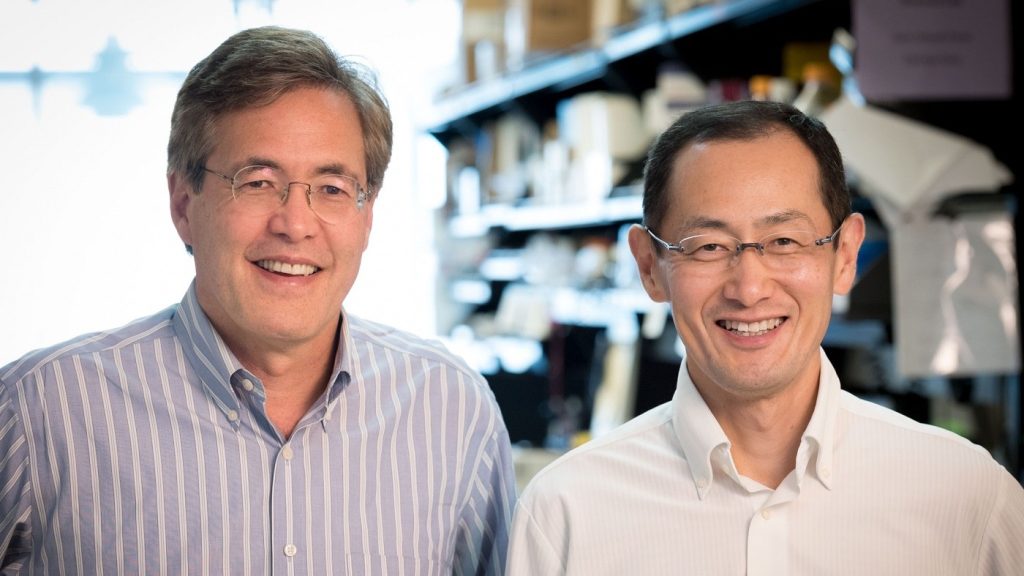
Shaping the Future: The Most Influential Scientists of the 21st Century
The 21st century has witnessed remarkable advancements in science and technology, thanks to the brilliance and dedication of scientists around the world. From unraveling the mysteries of the cosmos to pioneering revolutionary medical breakthroughs, these individuals have left an indelible mark on the world. In this blog post, we will celebrate some of the most important scientists of the 21st century and their extraordinary contributions to various fields of science.
Dr. Jane Goodall – Primatologist and Conservationist
Dr. Jane Goodall is a renowned primatologist and conservationist who has dedicated her life to the study of chimpanzees in their natural habitat. Her work at Gombe Stream National Park in Tanzania has not only transformed our understanding of primates but also highlighted the importance of conservation and environmental protection. Dr. Goodall’s tireless efforts to protect the natural world have made her a global icon for biodiversity and wildlife preservation.
Dr. Jennifer Doudna – CRISPR Pioneer
Dr. Jennifer Doudna is a biochemist and one of the pioneers of the revolutionary gene-editing technology, CRISPR-Cas9. This breakthrough allows for precise modification of genetic material and holds immense promise in treating genetic disorders, curing diseases, and advancing our understanding of genetics. Dr. Doudna’s work has reshaped the field of genetic engineering and earned her numerous accolades, including a Nobel Prize in Chemistry.
Dr. Stephen Hawking – Theoretical Physicist
The late Dr. Stephen Hawking was one of the most brilliant theoretical physicists of the 21st century. Despite living with amyotrophic lateral sclerosis (ALS), Hawking made groundbreaking contributions to our understanding of black holes, the nature of the universe, and the concept of Hawking radiation. His popular science books, like “A Brief History of Time,” made complex topics accessible to the general public, furthering the reach of science.
Dr. Frances Arnold – Nobel Laureate in Chemistry
Dr. Frances Arnold is a pioneering chemist and engineer who received the Nobel Prize in Chemistry for her work on the directed evolution of enzymes. This innovative approach has significant implications in green chemistry, biofuels, and pharmaceuticals, allowing for the design of more efficient and sustainable chemical processes. Her work demonstrates the power of bioengineering in addressing global challenges.
Dr. Craig Venter – Genomics and Synthetic Biology
Dr. Craig Venter is a prominent geneticist, entrepreneur, and pioneer in genomics. He is best known for his role in sequencing the human genome and for developing advanced techniques in synthetic biology. His groundbreaking work in genomics and DNA synthesis has far-reaching applications in personalized medicine, genetic engineering, and environmental conservation.

Dr. Shinya Yamanaka – Stem Cell Research
Dr. Shinya Yamanaka is a Japanese physician-scientist renowned for his groundbreaking work in stem cell research. He discovered the induced pluripotent stem cell (iPSC) technology, which allows the reprogramming of adult cells into pluripotent stem cells. This has significant implications for regenerative medicine and the development of patient-specific treatments.
Dr. Emmanuelle Charpentier – CRISPR-Cas9 Pioneer
Dr. Emmanuelle Charpentier is a French microbiologist and biochemist who, alongside Jennifer Doudna, made significant contributions to the development of CRISPR-Cas9 technology. Her work in understanding the bacterial immune system has paved the way for precise gene editing, revolutionizing the fields of biology and medicine.
Dr. Yoshinori Ohsumi – Autophagy Research
Dr. Yoshinori Ohsumi, a Japanese cell biologist, received the Nobel Prize in Physiology or Medicine for his research on autophagy, the cellular process of breaking down and recycling components. His work has illuminated the critical role of autophagy in maintaining cellular health and has implications for understanding various diseases, including cancer and neurodegenerative disorders.
Dr. Mary-Claire King – Human Genetics and Forensics
Dr. Mary-Claire King is a geneticist renowned for her work in human genetics and forensics. Her pioneering research led to the discovery of the BRCA1 gene, associated with hereditary breast and ovarian cancer. King’s contributions to genetics have advanced our understanding of inherited diseases and have been instrumental in identifying individuals through DNA profiling in forensics.
The 21st century has seen remarkable scientific advancements across various disciplines, from biology and genetics to space exploration and environmental conservation. The individuals mentioned above represent just a fraction of the brilliant minds shaping the future of science and technology. Their contributions have not only expanded our knowledge but also opened doors to exciting possibilities in healthcare, genetics, sustainability, and space exploration. As we continue to navigate the complexities of the modern world, these influential scientists serve as beacons of inspiration and innovation, reminding us of the boundless potential of human curiosity and dedication to understanding and improving our world.
You May Also Like

The Top 5 Deadliest Cancers
2021-10-20
7 Shades to Warm Up Your World
2022-05-31


